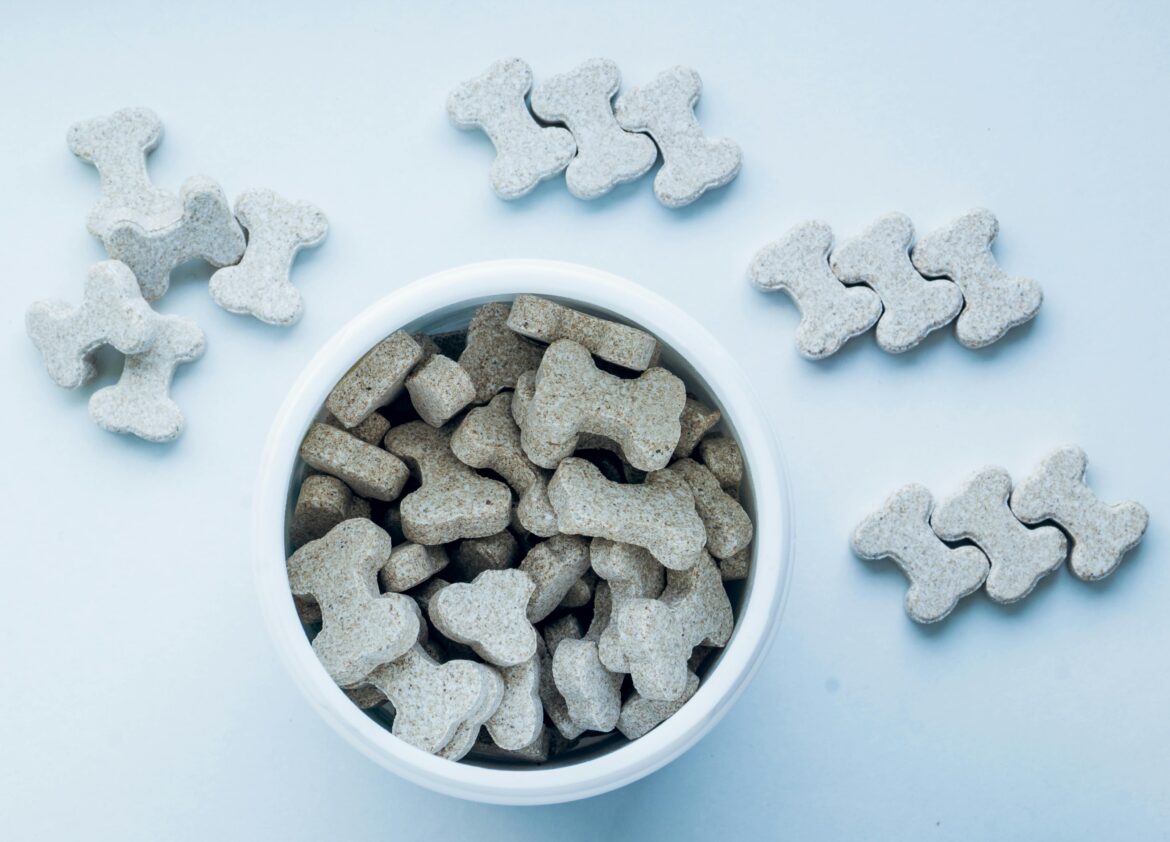Paws and Reflect: The Real Scoop on Grain-Free Dog Food
Grain-free dog food has been a popular choice among pet owners in recent years, touted for its supposed health benefits and alignment with a more ‘natural’ diet for dogs. But how much of the grain-free narrative is backed by science, and what should pet owners really know before transitioning their furry friends to a grain-free diet? This article provides a comprehensive exploration into the grain-free dog food trend, addressing common misconceptions, health implications, and essential considerations for pet owners.
Understanding Grain-Free Dog Food
Grain-free dog food, as the name suggests, is formulated without the inclusion of grains such as wheat, corn, rice, and barley. Instead, these dog foods often use alternative sources of carbohydrates such as potatoes, peas, lentils, or chickpeas. The primary selling point for grain-free dog food is the claim that it is closer to a dog’s ancestral diet.
Is Grain-Free Food More Natural for Dogs?
It’s important to clarify that while dogs’ wild ancestors primarily consumed meat, modern dogs (Canis lupus familiaris) have evolved with a certain capacity to digest carbohydrates, including grains. Scientific studies, including those published in the ‘Journal of Nutritional Science’, suggest that dogs have adapted to a more omnivorous diet, including grains, due to their co-evolution with humans over thousands of years.
Addressing Food Allergies and Sensitivities
One of the main reasons pet owners switch to grain-free diets is the belief that grains cause allergies in dogs. However, grains are not among the most common allergens in dogs. According to veterinary nutritionists, proteins from beef, dairy, and chicken are more frequently identified as allergens. Before switching your dog’s diet, it’s advisable to consult with a veterinarian to accurately diagnose food sensitivities or allergies through appropriate testing.
Busting Myths About Animal Diets
Myths about canine nutrition can complicate decisions for pet owners. Many grain-free diets claim to be ‘more digestible’ or ‘biologically appropriate’, yet there is limited scientific evidence to support these claims. In fact, grains in dog foods usually provide valuable nutrients like protein, fiber, and essential fatty acids, along with key vitamins and minerals beneficial for your dog’s health.
The DCM Controversy and Grain-Free Diets
In recent years, the FDA issued warnings about a potential link between grain-free diets and Dilated Cardiomyopathy (DCM), a serious heart disease, in dogs. Studies noted a trend in dogs, especially in breeds not genetically predisposed to DCM, developing this condition while on grain-free diets, particularly those containing legumes like peas and lentils or potatoes as main ingredients. However, the exact relationship is still being studied, and no causal link has been definitively established at this time.
Consultation Is Key
Given the potential risks associated with DCM and the ambiguity in current research, it is vital for pet owners to consult with their veterinarians. A professional can provide insights based on the latest research and recommend diets that are balanced and suitable for your pet’s specific health needs.
Nutritional Balance and Diet Diversity
Whether you choose a grain-free diet or not, the overall balance and nutritional completeness of the diet are crucial. Pet owners should look for products that meet the nutritional levels established by the AAFCO Dog Food Nutrient Profiles. It’s essential to ensure that any diet, grain-free included, is comprehensive in its nutrient coverage to support all aspects of your dog’s health.
Alternatives to Grain-Free Diets
If you’re concerned about grain allergies or just want to provide a varied diet for your dog, consider incorporating single-grain foods that use brown rice or oatmeal, which are often well tolerated by dogs with sensitivities. Additionally, some dog foods are specifically formulated to address unique health needs without excluding grains.
Key Takeaways for Dog Owners Considering Grain-Free Diets
- Grain-free isn’t inherently better: Dogs have evolved to digest grains, and grain-free diets aren’t necessary for all dogs.
- Know the real allergens: Most dog allergies are to meats and dairy, so addressing alleged grain allergies may require deeper investigation.
- Stay informed about DCM: Keep an eye on ongoing research connecting DCM and grain-free diets and consult your vet regularly.
- Balance is crucial: Whatever diet you choose, make sure it’s nutritionally complete and appropriate for your dog’s age, size, and activity level.
Conclusion
Choosing the right food for your dog involves understanding its specific needs and health condition. Grain-free dog food can be a valid choice for certain dogs, but it’s not necessarily superior to diets containing grains. In making such dietary choices, always weigh the pros and cons and involve a qualified vet. By being critical and informed, you can ensure the wellbeing of your pet, giving them a diet that supports a long, healthy, and happy life.
When it comes to dog nutrition, it is always best to paws and reflect before leaping into new food trends. Your pet’s health and happiness will thank you for it.



